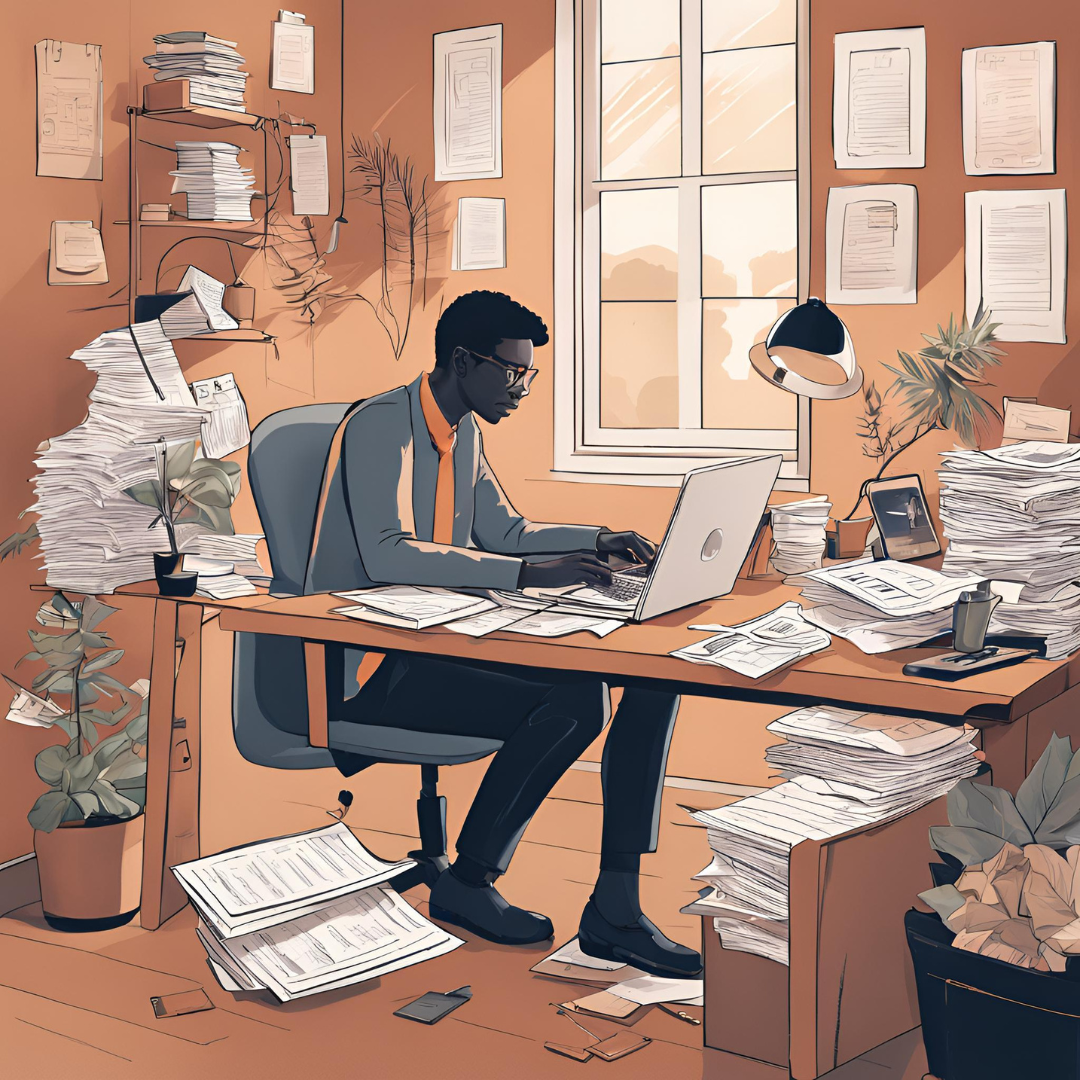In today's fast-paced job market, tailoring your resume and cover letter for each position you apply for is not just advisable—it's essential. With countless applicants vying for the same roles, personalization can make all the difference in catching the attention of hiring managers and securing an interview. Let's explore why and how you should customize these crucial documents to enhance your chances of career success.
The Importance of Tailored Resumes
Every job application is unique, and so should be your resume. A generic resume might save you time, but it rarely stands out in a competitive field. Customizing your resume means highlighting relevant experience and skills that match the specific requirements of the job description. This approach demonstrates to potential employers that you understand their needs and have precisely what they are looking for.
To tailor your resume effectively, start by carefully reading the job posting and identifying the key qualifications and competencies. For instance, if a data analytics position emphasizes knowledge of certain software tools, make sure your resume showcases your proficiency with those tools. This targeted approach not only highlights your relevant expertise but also reflects your keen attention to detail—a crucial skill for any role.
Crafting a Compelling Cover Letter
While the resume is a summary of your qualifications, the cover letter is your opportunity to tell your personal career story. A well-crafted cover letter should not only outline why you are a perfect fit for the position but also convey your enthusiasm for the company and the role. Unfortunately, many candidates overlook the importance of a personalized cover letter, either using a generic one or skipping it altogether—missing out on a key opportunity to engage potential employers.
When writing your cover letter, start by researching the company to understand its culture and values. Use this insight to explain why you are specifically drawn to the organization and how you can contribute to its goals. Avoid generic statements; instead, use concrete examples to illustrate how your past experiences align with the challenges you will be expected to handle in the new role.
Navigation Through the Application Process
Incorporating personalized elements into your resume and cover letter requires effort, but the payoff is significant. Employers appreciate when applicants have taken the time to understand their needs and have clearly articulated the value they bring. This attention to detail sets apart serious candidates from those who are simply mass-applying to numerous positions.
Furthermore, consider including unique elements like your GitHub portfolio or examples of work from relevant side projects. These can provide tangible proof of the skills you mention in your resume and help bridge any gaps between theoretical knowledge and practical application.
Conclusion
Tailoring your resume and cover letter is a strategic move in the competitive job market. By customizing these documents, you show potential employers that you are not only qualified but also deeply interested in the role and the company. This approach increases your chances of standing out in the crowded applicant pool and landing the job you desire. Put in the extra effort, and you'll find it pays dividends in your job search journey.
Authors
Gurleen Dhillon
Canada Career Conversations addresses gaps in career opportunities, stemming from its founder's unconventional entry into talent analytics, her experience at Deloitte, and other major firms. The platform offers career insights, recruitment news, and a podcast featuring industry leaders, advocating for self-defined career paths.





Discussion
Please log in to post comments.
Login